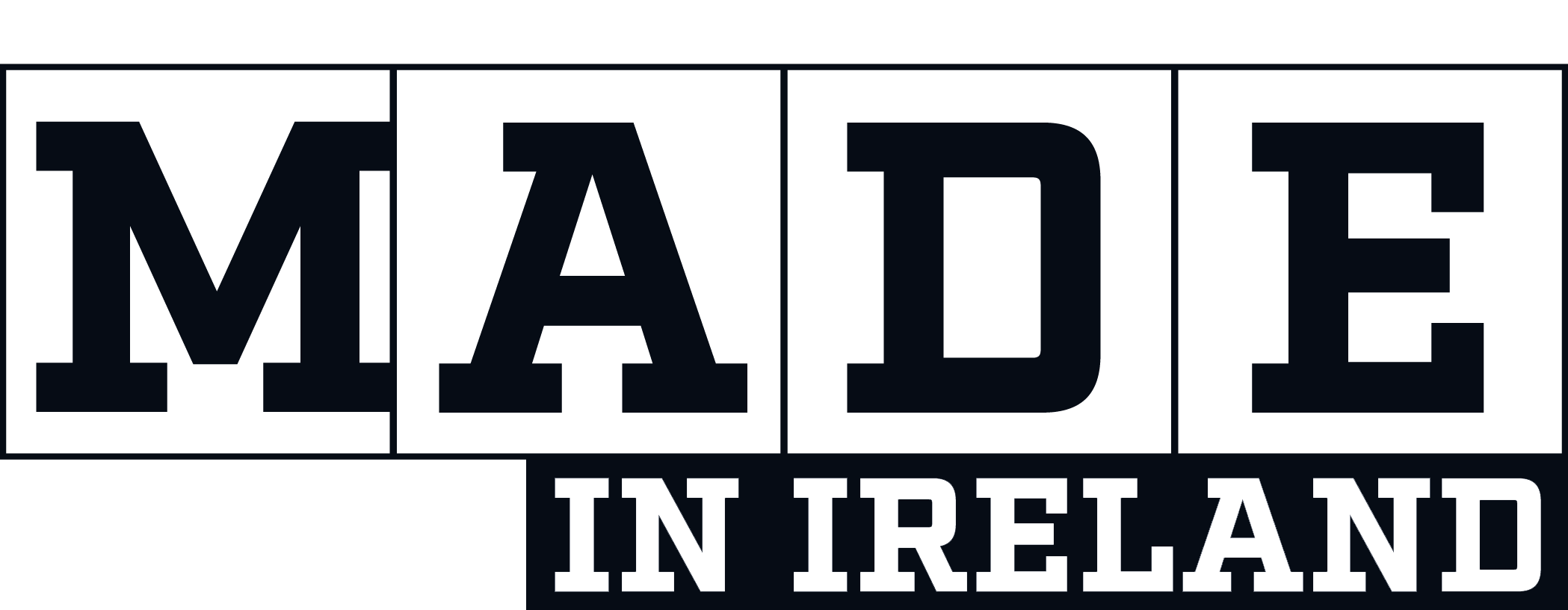The positions, which will be focused on developing artificial intelligence (AI) and cybersecurity products and services, will be added over the next three to four years.
However, 120 of the jobs are available to apply for from today.
"Ireland is undoubtedly an established hotbed of engineering and cyber security talent and leadership, with Irish universities producing some of the very best gradates," said James O'Connor, Microsoft Ireland site leader and corporate vice president of Microsoft Global Operations Service Centre.
"And this is a significant contributing factor to both our success and continued investment here."
"The creation of 550 new roles enables us to further strengthen our presence here in Ireland and take AI and cyber security innovation to the next level."
The new roles will be in areas such as software engineering, applied sciences, product management, program management, data science, design, technical writing and analytics.
The positions will be across a range of multidisciplinary teams, including Azure networking and infrastructure, business and industry Copilot, customer success engineering and cyber security.
Microsoft already has a number of offices in Dublin, including that of LinkedIn which it owns, as well as a data centre in the west of the city.
"Ireland continues to prove itself as a location where the world’s most innovative AI companies build groundbreaking technologies," said Michael Lohan, chief executive of IDA Ireland, which supported the investment.
"In line with government’s ambitions, by supporting innovative R&D projects like the one announced by Microsoft today, we are helping to shape the future of AI in Ireland and to harness AI as a driver for future economic growth," he said.
"This investment by Microsoft is set to deliver exceptional economic benefit alongside 550 highly skilled jobs at the cutting-edge of the AI sector in Ireland," he added.
Speaking on RTÉ’s Morning Ireland, Mr Lohan said Microsoft's announcement is at the "cutting edge" of AI and cyber, and that Ireland has a history of "milestone" investments in the industry.
"To see Microsoft choose Ireland as one of their global hubs to develop their next generation of AI and cybersecurity is so critically important," he said.
Mr Lohan said that there is certainly enough "talent" in Ireland to fill the roles.
"We’ve one of the largest AI centres in Europe, and that has been developed over the last decade, so we’re not just approaching this from a point of just today, we’ve been developing our AI capability for well over a decade, and the skill base is there," he said.
He added that Ireland is a "very attractive location" for new talent coming into the economy.
He referred to data centres as a "core digital infrastructure" with many functions, supporting innovation, skills development and an "enabler" in terms of Ireland’s renewable ambitions.
"Data centres are actually part of that solution, in terms of renewables, in terms of bringing onshore and offshore wind generation, but also in terms of new varies of hydrogen," he added.
Taoiseach Simon Harris welcomed the announcement, saying it highlights Ireland’s attractiveness as an investment destination and also promises a significant boost for the AI ecosystem in Ireland.
"Fostering AI skills and advancing capabilities in the field are core to the Government's National Artificial Intelligence Strategy and this project will help develop new specialist skills and expertise, thereby positioning Ireland for further investment in this critical area," he added.
Last year Microsoft cut its workforce by more than 200 as part of a post-pandemic retrenchment by the tech sector globally and realignment of costs.
This latest investment will bring the total numbers employed by Microsoft in Ireland to over 6,000.
Microsoft has had a presence in Ireland since 1985.
The company has been investing heavily in AI in an effort to get ahead of the competitors in the race to become a dominant player in the new technology.
On Wednesday it reported that for the third quarter its capital expenditures rose 5.3% to $20 billion, compared with $19 billion in the previous quarter.
It will spend over $80 billion this fiscal year, which began in July, according to analyst estimates from Visible Alpha.
That is an increase of more than $30 billion from its last fiscal year.










